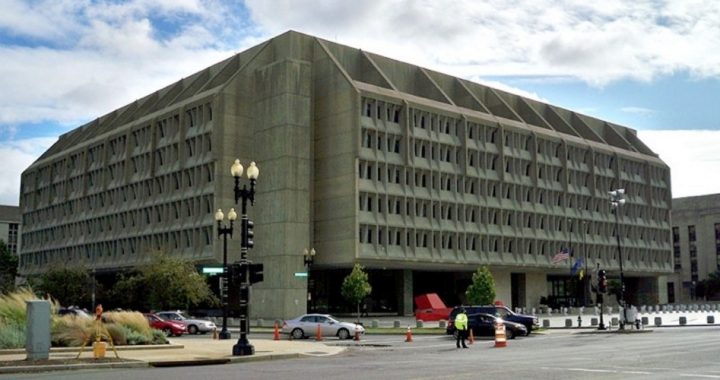
In response to a request from the Senate Budget Committee, the Congressional Research Service (CRS) reported that federal welfare spending reached three-quarters of a trillion dollars last year. When added to what the states spent on welfare, another $300 billion, total government welfare payments in 2011 hit $1.03 trillion. More unnerving is that the report from the CRS didn’t include spending on Social Security or Medicare.
Putting it all together, federal spending on welfare greatly exceeded spending on the military ($540 billion), Social Security ($725 billion), Medicare ($480 billion) as well as the Departments of Justice ($31 billion), Transportation ($77 billion) and Education ($65 billion).
Welfare spending is likely to increase in light of the Obama administration’s determination to eviscerate the welfare reform bill passed in 1996 which contained modest work requirements to qualify. In a unilateral, unconstitutional move on July 12th, the administration essentially removed all work requirements that previously applied to the states, claiming that it had, through the Department of Health and Human Services (HHS), the power to “waive compliance” and use instead “alternative” requirements. As noted by Robert Rector, writing in The New Media Journal, “The policy will clearly waive compliance with the law’s existing work participation standard. If this is not gutting the work requirements, it is difficult to imagine what would be.”
Not only is this usurpation unconstitutional — effectively neutralizing and negating legislation passed by Congress and signed into law in 1996 — it also hastens the day of financial bankruptcy of the federal government. The fact that more than 80 percent of the American people opposed the elimination of work requirements in order to receive benefits meant nothing to the ideologues currently in charge in Washington.
Much more than financial bankruptcy is involved. It takes lies and deceit and rampant immorality to continue and expand the welfare state. As Thomas Sowell noted in June:
Among the biggest lies of the welfare states on both sides of the Atlantic is the notion that the government can supply the people with things they want but cannot afford. Since the government gets its resources from the people, if the people as a whole cannot afford something, neither can the government.
The problem is with politicians who lie, and citizens who believe them:
Nothing is easier for a politician than promising government benefits that cannot be delivered. Pensions such as Social Security are perfect for this role. The promises that are made are for money to be paid many years from now – and somebody else will be in power then, left with the job of figuring out what to say and do when the money runs out and the riots start.
There’s also the morality involved in forcing one group of citizens to pay benefits to another group. Walter Williams tells the story of seeing an elderly woman huddled on a heating grate in the dead of winter:
She’s hungry and in need of shelter and medical attention. To help the woman, I walk up to you using intimidation and threats and demand that you give me $200. Having taken your money, I then purchase food, shelter and medical assistance for the woman. Would I be guilty of a crime?
A moral person would answer in the affirmative. I’ve committed theft by taking the property of one person to give to another.
It doesn’t matter even if 200 million people think it’s ok. It’s still stealing. Williams explained:
Don’t get me wrong. I personally believe that assisting one’s fellow man in need by reaching into one’s own pockets is praiseworthy and laudable. Doing the same by reaching into another’s pockets is despicable, dishonest and worthy of condemnation. Some people call governmental handouts charity, but charity and legalized theft are two entirely different things.
As far as charity is concerned, James Madison, the acknowledged father of our Constitution, said, “Charity is no part of the legislative duty of the government.” To my knowledge, the Constitution has not been amended to include charity as a legislative duty of Congress.
With such a large percentage of government spending going to support immoral activities disguised and dressed up to look like charity, just how long can such a system survive? In the presidential debates, the question continually comes up: how can the government pay for all of this? The question is never: why is the government involved in these illegal and immoral and financially devastating activities in the first place?
Williams quotes Ayn Rand who said in her novel Atlas Shrugged: “When you have made evil the means of survival, do not expect men to remain good.”
Photo: The Department of Health and Human Services headquarters in Washington.



